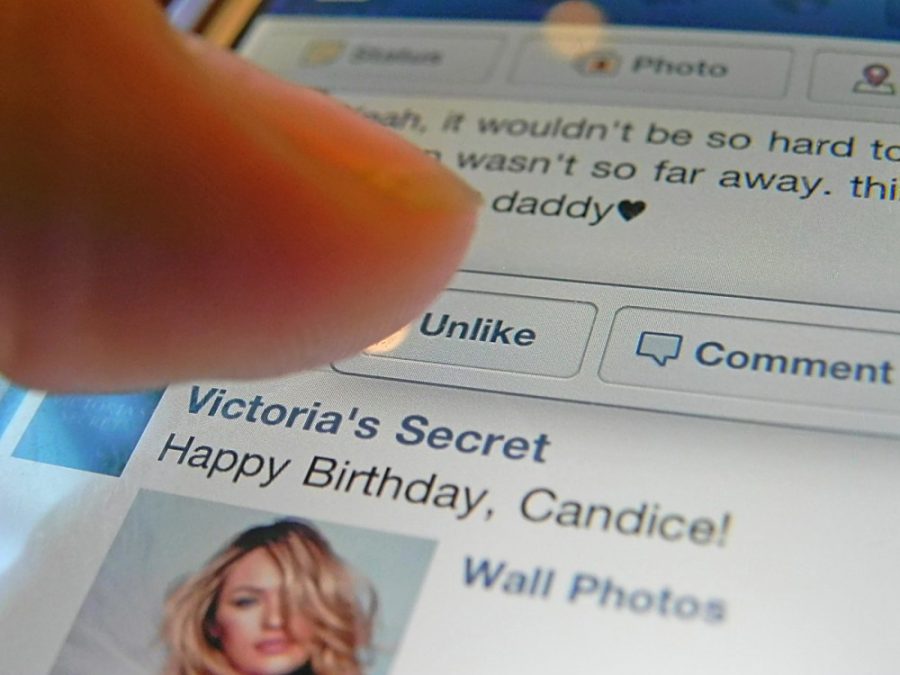Think twice before untagging yourself on Facebook. Your friend might decide to delete their relationship with you altogether.
Ignoring a friend request, removing posts or not placing someone high enough on a ranking is all it takes for students to develop negative feelings toward whoever “insulted” them, said Robert Tokunaga, assistant professor of communicology at the University of Hawaii at Manoa and a communication doctoral candidate at the UA.
His study found that what happens on a social networking site spills over, into students’ offline lives. All of the 197 UA and University of Hawaii at Manoa students that participated in the study said they felt an emotional strain because of something that happened to them on a social media site, with about 70 percent of the incidents occurring on Facebook.
The study was published in the July 2011 issue of Cyberpsychology, Behavior, and Social Networking journal.
“A person’s profile is a reflection of their identity,” Tokunaga said. “So when you do something to a profile, you’re actually doing something to their personal identity.”
Sarah Sandlaufer, a music freshman, said Facebook greatly impacts people’s lives and that she gets offended if someone doesn’t respond to her online.
“It sounds silly because it’s Facebook but at the same time, if your best friend isn’t responding to you, it’s insulting,” she said. “It wouldn’t affect my mom because she’s on Facebook once a year.”
Tim Powers, a 48-year-old history senior, said it wouldn’t bother him if someone ignored him on Facebook and that the study reflects more on the younger generation.
“If you don’t answer (on Facebook) it’s because you’re busy or you’re a jerk,” he said. “But Facebook isn’t that fundamental to my relationships anyway. It probably is a generational thing.”
Younger students are more likely to be hurt by an online event, said Debra Cox-Howard, a mental health clinician at Counseling and Psychological Services.
“It’s the end of the world for some people. It’s ‘Oh my God, they removed my tag’ and it really bothers them because they feel like they’re not accepted anymore,” she said. “It’s almost like a slap in the face. They personalize it until it gets blown out of proportion.”
Students can also be affected by learning surprising news about their relationships via Facebook or placing a lot of value on how many online friends they have. Social media’s impact on a student depends on their level of self-esteem, she added.
Tokunaga said the negative feelings a student develops are short-lived in most cases and that it would be an extreme situation if someone needed counseling to deal with something that happened on Facebook.
Cox-Howard has a different opinion.
She said she sees students weekly because of an incident that occurred to them on a social networking site, and that their emotional reaction determines the type of counseling they receive. Some students ask to log onto their Facebook accounts during counseling to show her photos of the person causing them trouble.
Cox-Howard said some relationships can be ruined because of an online event, particularly when students feel they’ve been humiliated in a public forum.
“Anything you do online isn’t confidential, especially on Facebook,” Cox-Howard said.
Justin Elrod, a physics sophomore, said it wouldn’t affect him, but being humiliated online hurts students because their identities are strongly connected to their online accounts.
“The Internet is becoming people’s lives,” he said. “They spend more time online than with other people.”
Tokunaga said he hopes students make a stronger distinction between their real lives and social media, and that they become more cautious about how they act online. Real consequences can develop from the online world, he said.
“Social media isn’t a bad thing at all, but don’t use it to build and maintain relationships,” Cox-Howard said. “Use it responsibly.”









